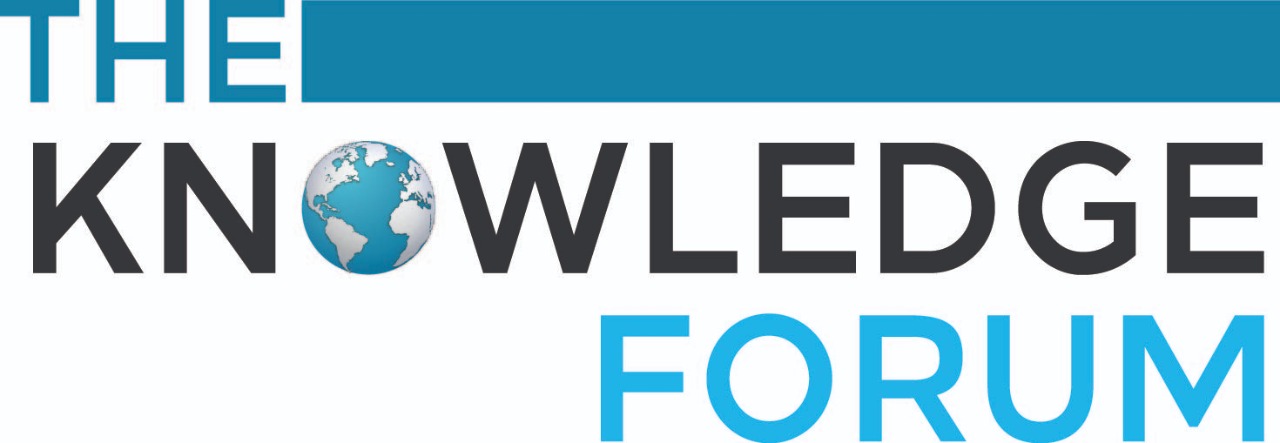Each day, Pakistan media inundates readers with reports of numerous human rights violations in Pakistan, ranging from enforced disappearances and honour-based killings to abductions, forced displacement, illegal detentions, sexual and physical violence, land grabbing, the existence of ghost schools, and substandard quality of education, among others. Over the past two decades, both the federal and provincial governments in Pakistan have established numerous Human Rights Institutions (HRIs) to address these issues. However, the effectiveness of these institutions varies, with some having full mandates while others focus on specific geographies or domains/themes.
On the national level, notable HRIs include the National Commission for Human Rights (mandated to address a wide range of human rights violations), the National Commission for Minorities, the National Commission on the Rights of the Child, and the National Commission on the Status of Women, each dedicated to protecting the rights of specific groups or individuals as outlined in their founding laws. Similarly, at the provincial level, separate entities such as the Sindh, Punjab and Khyber Pakhtunkhwa Commissions on the Status of Women, and the Khyber Pakhtunkhwa Child Protection and Welfare Commission operate. At the same time, other provinces have their own HRIs.
Several challenges persist with HRIs in many ways that the governments at both federal and provincial levels have failed to address before the February 2024 general elections. The newly forming governments resulting from these elections should prioritize addressing these issues to ensure the independent and effective functioning of HRIs in Pakistan. In specific, this article aims to highlight the following critical issues with regard to HRIs that require urgent action:
1. The foundational legislation governing HRIs suffers from a lack of precision and comprehensiveness, significantly impeding their operational autonomy and effectiveness. This ambiguity in the founding laws manifests in several critical areas, notably in the bureaucratic processes that govern the approval of budgets for these institutions. For instance, bodies such as the Sindh Human Rights Commission and the National Commission for Minorities (NCRC) are ensnared in red tape, which not only delays their financial autonomy but also restricts their ability to swiftly respond to human rights issues within their jurisdictions.
2. Moreover, the scope of mandates assigned to certain HRIs further illustrates the limitations imposed by their founding legislation. A prime example of this is the Punjab Child Protection Welfare Bureau, whose mandate is narrowly focused on destitute and neglected children. This restrictive mandate overlooks a broader spectrum of child protection issues, such as those related to education, health, and safety, which are equally critical to the well-being and development of children. By failing to encompass these areas, the Bureau’s capacity to offer comprehensive child protection services is significantly hampered.
3. The consequences of these legislative shortcomings are far-reaching. Not only do they hinder the HRIs’ ability to function with the independence and flexibility required to address human rights violations effectively, they also limit their capacity to advocate for and implement broader systemic changes. For HRIs to fulfil their roles as guardians and promoters of human rights, their founding laws must be revisited and revised. Such revisions should aim to clarify and expand their mandates, streamline bureaucratic processes, and ensure adequate funding and autonomy. Only then can these institutions truly serve as effective mechanisms for the protection and promotion of human rights.
4. Inadequate funding stands as a formidable barrier for HRIs, severely constraining their operational capabilities and their reach to vulnerable populations. Without sufficient resources, these institutions struggle to conduct thorough investigations, launch awareness campaigns, or provide necessary support services. Consequently, the impact of their work in advocating for and protecting human rights is significantly diminished. Addressing this issue of underfunding is crucial for empowering HRIs to fulfil their mandates comprehensively and make a meaningful difference in the lives of those they aim to serve.
5. Jurisdictional competition arising from overlapping mandates among HRIs creates a complex web of confusion, significantly delaying the resolution of human rights issues. This redundancy not only complicates the decision-making process but also leads to inefficiencies in resource allocation, ultimately hindering timely and effective responses to human rights violations.
6. Despite sharing common objectives, HRIs frequently find themselves working in silos, devoid of the necessary coordination and collaboration. This isolation fosters a landscape where approaches to human rights protection are disjointed and inconsistent, significantly undermining the collective impact of these institutions. The absence of a unified strategy not only leads to duplication of efforts but also allows gaps in human rights protection to persist. To enhance the overall effectiveness and reach of human rights initiatives, HRIs must bridge these divides, fostering a more integrated and cohesive approach to safeguarding human rights.
7. Numerous HRIs are functioning without clearly established rules of business, which are critical for their structured and efficient operation. This absence of a formal operational framework leads to procedural ambiguities, undermining their ability to execute their duties effectively and maintain organizational coherence.
8. HRIs have been a subject of frequent public scrutiny over the issues of transparency in staffing, and their budget spending. In case of a few HRIs, the process of appointing members and chairpersons has been tainted by favouritism, prioritizing political affiliations over professional expertise. This practice not only compromises the integrity and independence of HRIs but also diminishes their credibility and effectiveness in upholding human rights standards.
9. The composition of HRIs, predominantly featuring retired judges and bureaucrats, notably lacks the inclusion of human rights activists. This absence significantly impedes a proactive and committed approach to human rights issues, as the unique experiences, perspectives and advocacy skills of activists are crucial for driving forward meaningful and impactful human rights initiatives.
10. Donor influence on the appointment processes within Human Rights Institutions (HRIs) poses a significant challenge, undermining their independence and autonomy. When donors sway these procedures, it can lead to a compromise in the objectivity and effectiveness of HRIs, as the institutions may become beholden to external interests rather than prioritizing human rights advocacy and protection.
In the post-election scenario, the new governments must address these challenges. Streamlining and coordinating efforts across HRIs, amending founding laws in line with the Paris Principles, and creating a comprehensive national coordination strategy is essential. The federal government should organize a national consultation to review HRIs’ founding laws, developing collaboration and ensuring a unified approach to human rights protection across the country. Enabling a single national HRI to (legally mandated) oversee and support the progress of each institution, regardless of its location, will enhance monitoring and intervention efforts to address human rights issues effectively.

